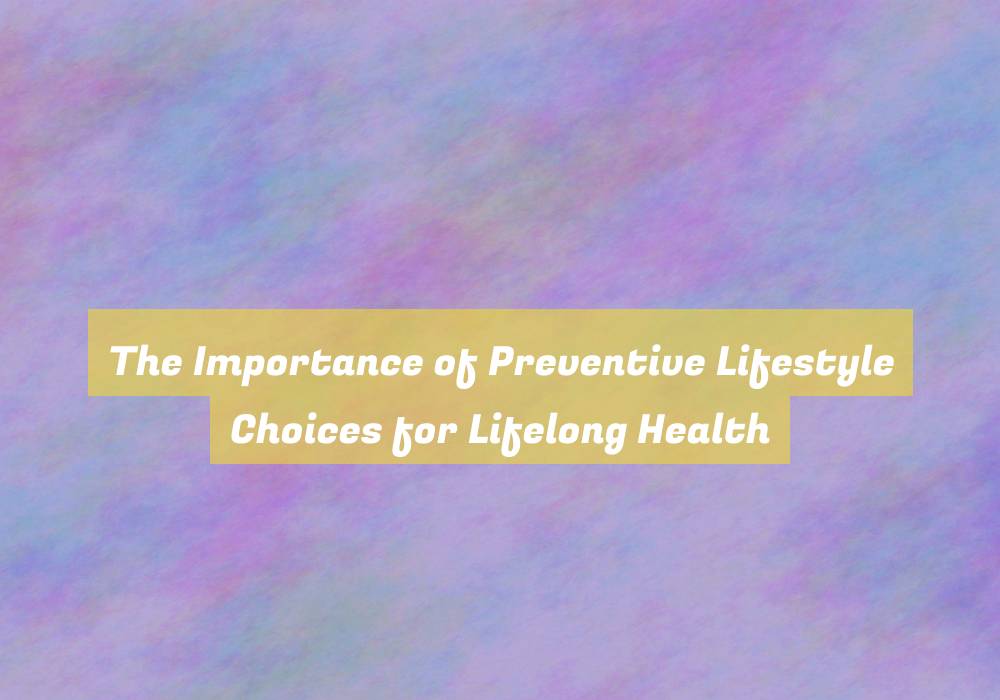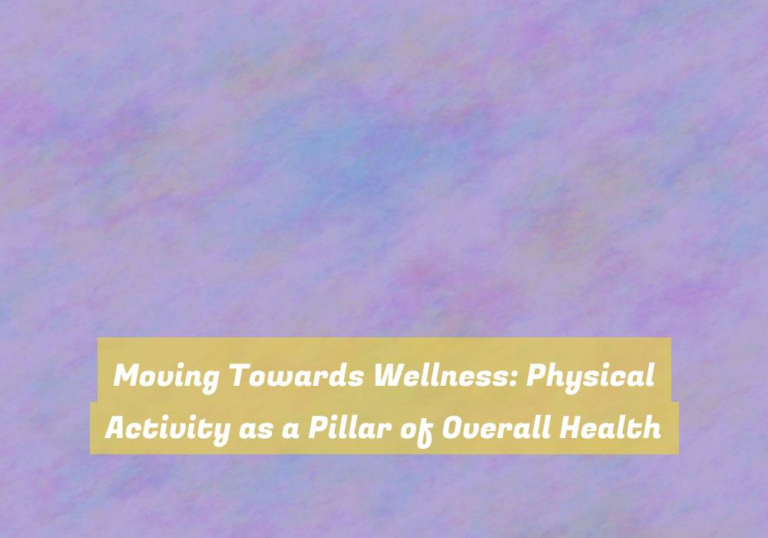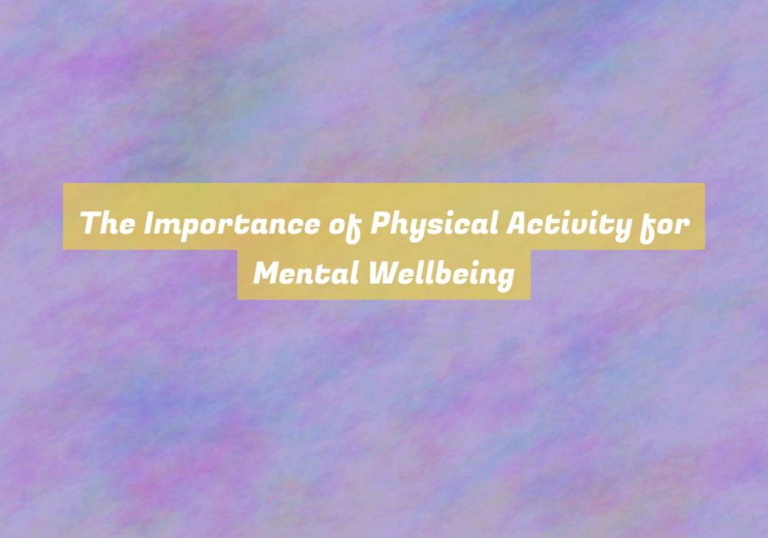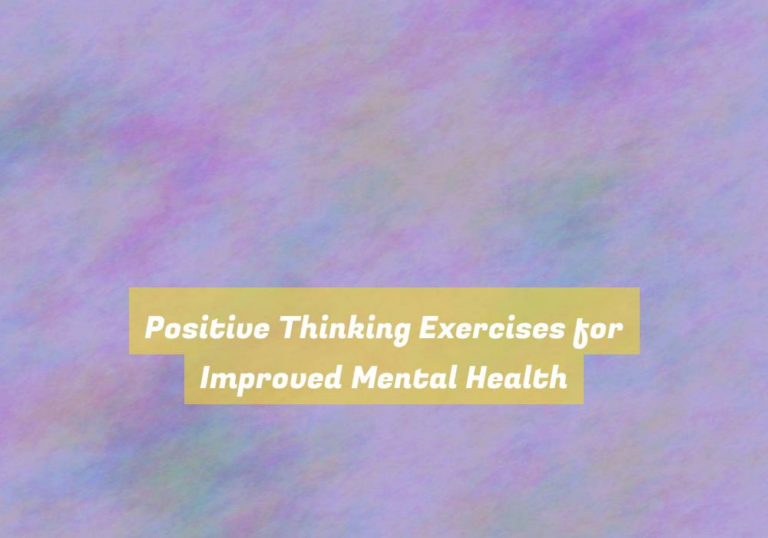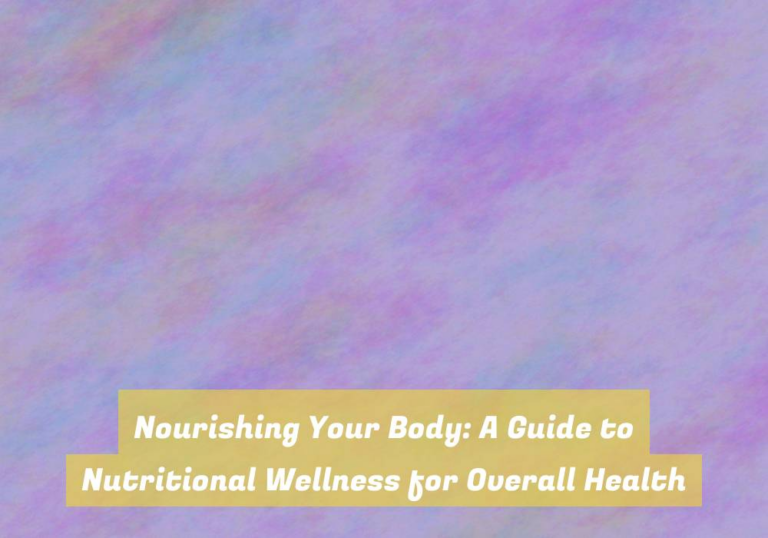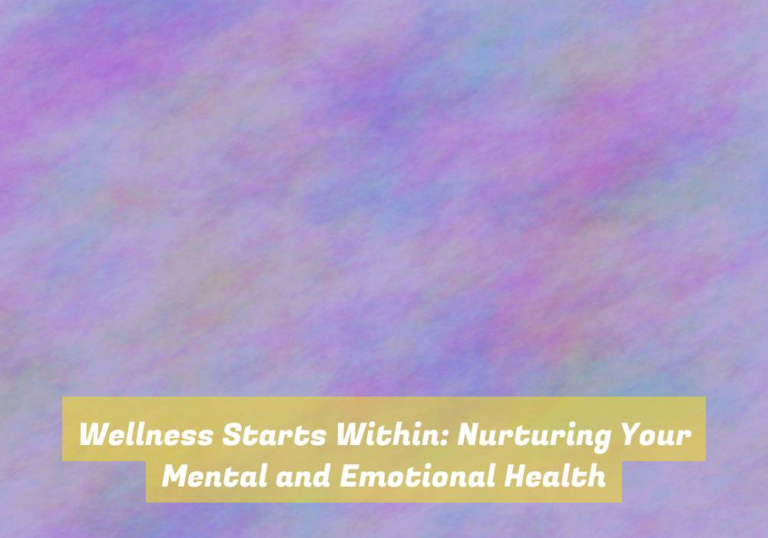The Importance of Preventive Lifestyle Choices for Lifelong Health
Have you ever wondered if the choices you make today could impact your health in the long run? ItG??s easy to dismiss the idea that what you eat, how active you are, and how you manage stress could have a significant effect on your overall well-being as you age.
However, as you consider the role of preventive lifestyle choices in maintaining lifelong health, you may find yourself intrigued by the compelling evidence supporting this connection. By understanding the impact of these choices, you might uncover the key to a healthier, more vibrant future.
The Role of Diet and Nutrition
When considering preventive lifestyle choices for lifelong health, maintaining a balanced diet and good nutrition is essential. Your body requires a variety of nutrients, including vitamins, minerals, protein, carbohydrates, and healthy fats, to function optimally.
Incorporating a colorful array of fruits and vegetables into your meals provides essential vitamins and minerals while also offering fiber and antioxidants. Whole grains, lean proteins, and healthy fats, such as those found in nuts and avocados, are crucial for sustained energy and overall well-being.
ItG??s important to limit the intake of processed foods, sugary snacks, and excessive amounts of sodium and unhealthy fats, as these can contribute to various health issues when consumed in excess. Hydration is also key, so remember to drink plenty of water throughout the day to support your bodyG??s many functions.
Physical Activity and Exercise
Incorporating regular physical activity and exercise into your daily routine is crucial for maintaining lifelong health and well-being. Engaging in physical activity not only helps you maintain a healthy weight but also reduces the risk of chronic diseases such as heart disease, diabetes, and certain types of cancer.
ItG??s recommended to aim for at least 150 minutes of moderate-intensity exercise per week, such as brisk walking or cycling, to reap the health benefits. Additionally, including muscle-strengthening activities, like lifting weights or doing bodyweight exercises, at least two days a week is essential for overall health.
Regular physical activity is also beneficial for your mental health, as it can help reduce the risk of depression and anxiety, and improve cognitive function. It promotes better sleep, boosts mood, and increases overall feelings of well-being.
Moreover, incorporating exercise into your routine can enhance your ability to perform daily tasks and maintain independence as you age.
Stress Management and Mental Well-being
How can you effectively manage stress and improve your mental well-being for a healthier lifestyle?
Stress management is crucial for maintaining mental well-being. One effective method is regular exercise, which releases endorphins, the bodyG??s natural stress relievers. Incorporating relaxation techniques, such as deep breathing exercises, meditation, or yoga, can also help reduce stress levels.
ItG??s important to establish boundaries and prioritize tasks to avoid becoming overwhelmed. Setting aside time for hobbies and activities you enjoy can provide a mental break and contribute to overall well-being.
Additionally, maintaining a healthy work-life balance and seeking support from friends, family, or a mental health professional can significantly improve mental well-being. Ensuring adequate sleep and practicing mindfulness are vital for managing stress.
Mindfulness involves being present in the moment, which can help reduce anxiety and improve overall mental wellness. ItG??s essential to identify sources of stress and develop healthy coping mechanisms to effectively manage it.
Regular Health Screening and Check-ups
Regular health screening and check-ups are essential for maintaining your overall well-being and preventing potential health issues. By scheduling regular screenings, you can catch any potential health concerns early, when theyG??re most treatable. These check-ups allow healthcare professionals to monitor your health status, detect any early signs of illness, and provide guidance on preventive measures.
Through routine screenings such as blood pressure checks, cholesterol tests, and cancer screenings, you can actively participate in the prevention and early detection of various health conditions. Additionally, regular health check-ups provide an opportunity to discuss any concerns or changes in your health with your healthcare provider, ensuring that any emerging issues are addressed promptly.
Conclusion
So, remember to make preventive lifestyle choices a priority.
Eat a balanced diet, stay active, manage stress, and get regular check-ups.
These choices are crucial for maintaining lifelong health and well-being.
Take control of your health now, and reap the benefits in the long run.
Your future self will thank you for it.

